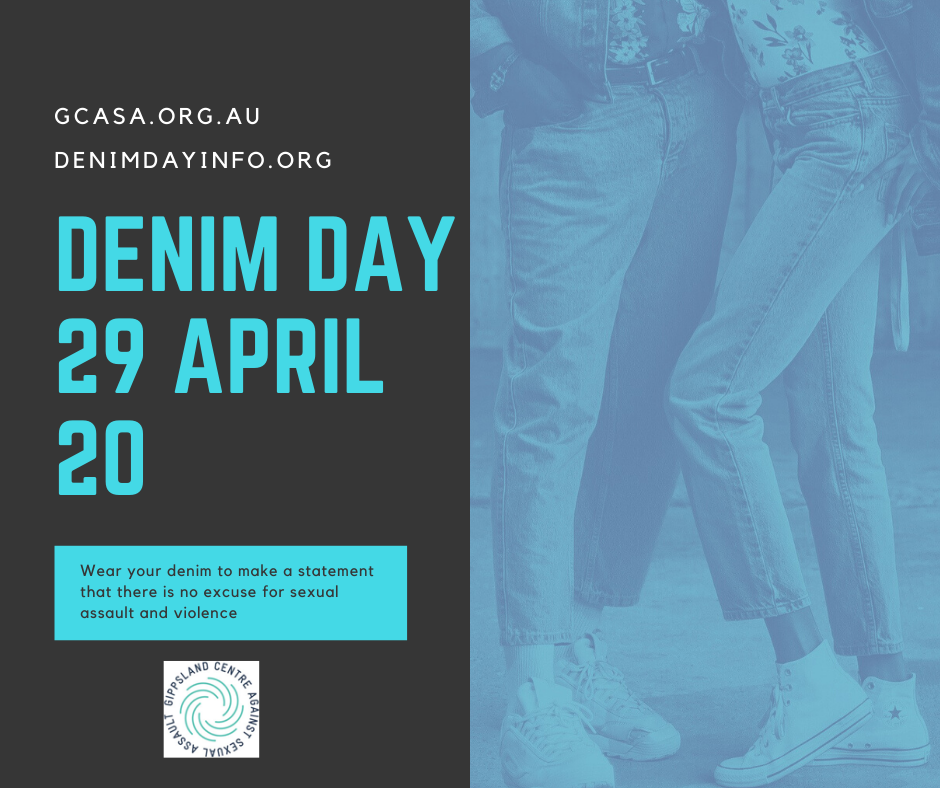- Recognize that people neither ask for nor deserve to be abused, harassed, assaulted or raped—ever.
- Support and believe people who have been impacted by sexual violence.
- Bring awareness and challenge victim-blaming statements.
- Give constructive input about why comments or jokes that perpetuate rape culture or sexism are not okay.
- Get help or take action by directly intervening when you see someone taking advantage of a person who is not capable of giving consent.
- Consent is mandatory and every sexual interaction you have must be consensual–no excuse. Educate yourself on what it means to get and give consent.
- Build and engage in healthy, respectful relationships.
- Pledge to never commit or condone any acts of violence.
- Think critically about how the media depicts sexuality.
- Teach your children, friends, parents and peers about the myths and realities of sexual assault.
- Find out what your local school board’s policy is on sexual assault and violence prevention education and get involved. If it is not proactive, change it!
- Lobby your local, state and federal governments for funding for anti-sexual assault programs.
- If you witness sexual harassment at the workplace or in public places, expose the behavior. Don’t tolerate it.

Adapted from www.denimday.org
Italy, 1990s
The Denim Day story begins in Italy in 1992, when an 18-year old girl was raped by the 45-year old driving instructor who was taking her to her very first driving lesson. He took her to an isolated road, pulled her out of the car, removed her jeans and forcefully raped her.
She reports the rape and the perpetrator is arrested and prosecuted. He is then convicted of rape and sentenced to jail. Years later, he appealed the conviction claiming that they had consensual sex. The Italian Supreme Court overturned the conviction and the perpetrator was released. A statement from the Court argued that because the victim was wearing very tight jeans, she had to help him remove them, and by removing the jeans it was not rape but consensual sex. This became known throughout Italy as the “jeans alibi.”
Enraged by the verdict, the women in the Italian Parliament launched a protest wearing jeans on the steps of the Supreme Court. This protest was picked up by international media which inspired the California Senate and Assembly to do the same on the steps of the Capitol in Sacramento. Patti Occhiuzzo Giggans, Executive Director of Peace Over Violence, saw this in the media and thought everyone should be wearing jeans to protest all of the myths about why women and girls are raped. Denim Day in LA was born. The first Denim Day in LA event was held in April of 1999, and has continued annually since.
For more information on the case, visit The New York Times’ coverage
There is no excuse and never an invitation to sexual violence
As the longest running sexual violence prevention and education campaign in history, Denim Day asks community members, elected officials, businesses and students to make a social statement with their fashion statement by wearing jeans on this day as a visible means of protest against the misconceptions that surround sexual violence.
This year Denim Day is April 29, 2020!
Gippsland CASA is asking you to join us and wear your Denim as an act of solidarity for people who have been impacted by sexual assault. We also know that one day, one month, one campaign- isn’t enough. We need to continue these conversations as often as we can in our homes, in our schools, in our workplaces and community.
Here are a some ways we can all make a difference to end rape culture today













